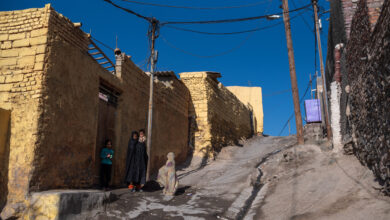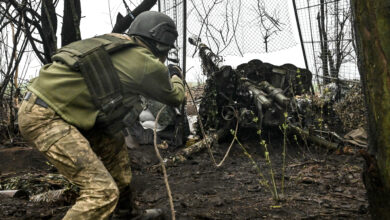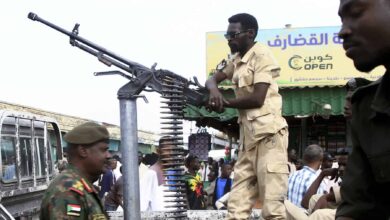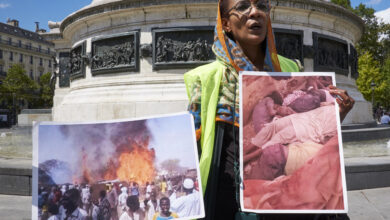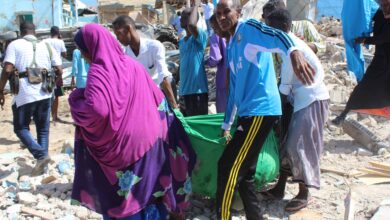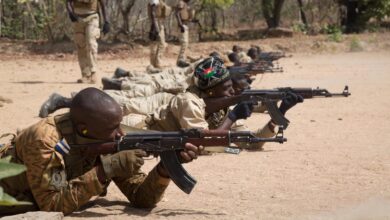An attack on a convoy transporting local employees of Canadian mining company Semafo in Burkina Faso left 37 people dead on Wednesday, November 6, the deadliest attack in nearly five years of violence in the West African country.
It was the third deadly attack apparently targeting Semafo in 15 months
On Wednesday morning “unidentified armed individuals” ambushed five buses carrying local employees, contractors and suppliers of the Samafo mining company, said Saidou Sanou, the governor of the country’s Est Region.
As well as the 37 civilians killed, 60 were wounded, he said.
A security source said “a military vehicle that was escorting the convoy hit an explosive device”.
“Two buses carrying workers were then fired upon,” the source told AFP on condition of anonymity.
Burkina Faso’s government said the gunmen had conducted a “complex attack,” adding that defence and security forces had launched a relief operation and were searching the area.
In a statement, mine owner Semafo said “there was an attack on the road between Fada and the Boungou Mine site.”
Five buses escorted by military personnel were approximately 40 km (25 miles) from the Boungou gold mine when they were ambushed, resulting in “several fatalities and injuries,” Semafo said.
“We are actively working with all levels of authorities to ensure the ongoing safety and security of our employees, contractors and suppliers,” Semafo said, adding that the Boungou mine remains secure and its operations had not been affected.
It is unclear who carried out the attack.
Two separate attacks on convoys carrying Boungou mine employees last year killed 11 people. One in August 2018 also targeted vehicles travelling to Semafo mines, and last December a police vehicle was ambushed on the same road between the city of Fada and the Bongou gold mine.
“Terrorists”and “armed bandits” were blamed for those attacks, and Semafo subsequently reinforced its armed escorts.
One of the poorest countries in the world, former French colony Burkina Faso lies in the heart of the sprawling, impoverished Sahel, on the southern rim of the Sahara desert.
The country has been battling an escalating wave of attacks over the last three years, beginning in the North Region near the border with Mali. Attacks have spread to the East Region, near the border with Togo, Benin and Niger, and to a lesser extent, the west of the country.
Most insurgent attacks are attributed to the Group to Support Islam and Muslims (JNIM) which has sworn allegiance to Al-Qaeda in the Islamic Maghreb, and to Ansar ul Islam, which emerged near the Mali border in December 2016. Since May, Islamic State has attributed insurgent activities in the Mali-Burkina Faso-Niger tri-border area to its West Africa Province affiliate, rather than to what was previously known as Islamic State in the Greater Sahara.
The country’s badly equipped, poorly trained and underfunded security forces have been unable to stem the violence, which has intensified throughout 2019.
Burkina Faso’s previous deadliest attack was in January 2016, when jihadists raided the Splendid Hotel and a cafe in the capital Ouagadougou, killing 30 people, around half of them foreign nationals.
In August this year, the army suffered its worst attack with 24 soldiers killed in an assault on a base in Koutougou that was later claimed by ISWAP.
On Monday, an attack on a base in northern Burkina Faso killed at least five gendarmes and five civilians.
With reporting from AFP



